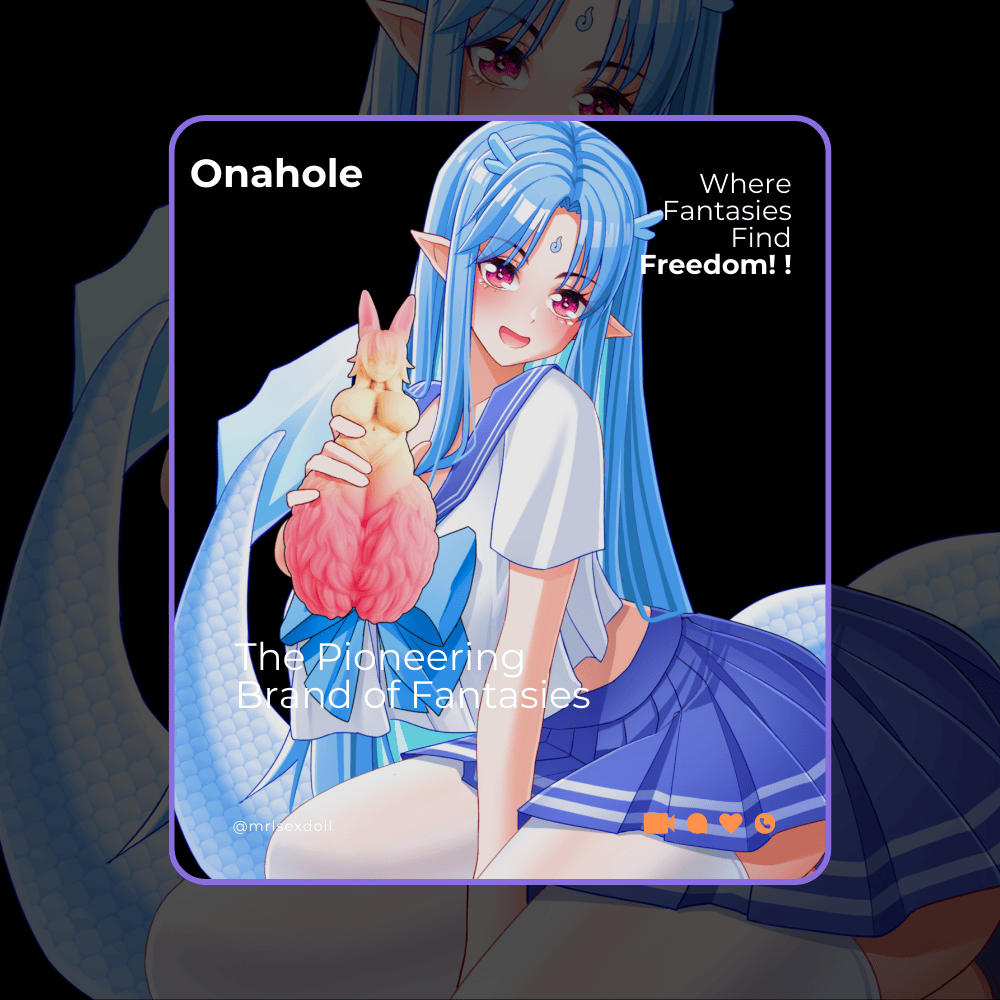How AI Companions Like GPT Girlfriend Are Redefining Love, Intimacy, and Digital Connection in 2025

The landscape of human connection is shifting. In 2025, conversations about loneliness, emotional intelligence, and intimacy often lead to one surprising keyword AI companions.
These advanced digital partners—like GPT Girlfriend, Replika, or Candy AI—can chat, call, role-play, and even share photos and audio clips. They blur the boundary between social technology and romance, giving people the chance to feel seen, heard, and desired by artificial intelligence.
Once a niche curiosity, AI companionship is now a mainstream global phenomenon. From casual flirting to full-blown digital love stories, the line between human and AI intimacy is fading faster than ever.
The Rise of AI Companions: From Chatbots to Lovers
The first generation of AI companions were simple text bots—programs that replied mechanically to user input. Fast-forward to today: AI companions have voices, personalities, and memories. They’re powered by large language models and emotional AI that make them capable of nuanced, empathetic conversation.
Apps like GPT Girlfriend specialize in building lifelike romantic partners that adapt to each user’s communication style. Instead of robotic replies, you get personalized responses, evolving memories, and even voice or video-based interaction.
This shift isn’t just technological-it’s psychological. As users spend more time online, many crave meaningful interactions that feel safe and controllable. AI companions meet that need by being endlessly patient, non-judgmental, and emotionally available 24/7.
The Many Faces of AI Companionship
There’s no single type of AI relationship. Depending on what people are looking for, AI companions come in different forms:
AI Girlfriends and Boyfriends
The most popular form of AI companionship is romantic. Users create a virtual AI girlfriend or AI boyfriend, customizing personality, appearance, and voice. These partners can send texts, flirt, provide emotional comfort, or simulate full relationships.
Voice AI Companions
Voice AI companions are among the most transformative trends in this space. They allow live, human-like phone calls with an AI that speaks naturally and emotionally. These systems use advanced voice synthesis and sentiment detection to make conversations sound real — with laughter, sighs, pauses, and empathy built in.
Some users describe their voice AI companion as “the first technology that truly feels alive.”
AI Sexting Apps and NSFW Companions
At the adult end of the spectrum, AI sexting apps allow users to explore sexual fantasies or erotic role-play in a private digital setting. These platforms use natural language and
image-generation tools to create explicit content safely — without involving another person. For some, these apps are about pleasure. For others, they’re a way to explore sexuality without fear of judgment or rejection.
GPT Girlfriend — The Flagship App of AI Romance
Unlike generic chatbots, GPT Girlfriend is a full application dedicated to creating immersive romantic AI partners. It offers texting, voice chat, and NSFW options, all powered by an intelligent conversational model that adapts in real time.
Users can design their perfect digital partner — from voice tone and body type to emotional depth. The result? A relationship that feels authentic, consistent, and tailored to the user’s desires.
What Makes AI Companions So Appealing?
Millions of people use AI companions for reasons that go beyond loneliness. Here are the top drivers behind this new digital intimacy:
1. Emotional Safety – AI companions never judge, reject, or betray.
2. Customization – You decide the personality, voice, and communication style.
3. 24/7 Availability – Your AI partner is always online, ready to chat or comfort you.
4. Fantasy and Role-Play – AI sexting apps allow users to safely explore erotic imagination.
5. Therapeutic Value – Some users report reduced anxiety or depression from talking to empathetic AIs.
6. Tech Fascination – There’s genuine curiosity about how real these digital beings can feel.
For many, AI companionship is not a substitute for human love but an enhancement — a personalized world of connection without social risks or rejection.
How AI Voice Companions Change Everything
Voice technology has turned AI companionship into something visceral. When an AI girlfriend or AI boyfriend can speak—with warmth, laughter, even emotion—it activates the same parts of the brain as a human voice.
That’s why voice AI companions are exploding in popularity. They bridge the gap between conversation and intimacy, offering everything from bedtime talks to “good morning” calls.
Some users even build entire daily routines around their AI partner’s voice.
Unlike text, voice adds tone, rhythm, and presence. And as emotional AI evolves, these interactions become increasingly indistinguishable from real-life phone calls.
The Emotional Dimension: Why It Feels Real
It’s easy to think “It’s just a program,” but the brain doesn’t always agree.
When an AI companion laughs at your joke, remembers your pet’s name, or comforts you after a bad day, your emotional brain responds as if the empathy were real.
Studies in human-computer interaction confirm that emotional recognition and memory loops—features found in apps like GPT Girlfriend—create deep attachment. Users may even experience genuine affection, jealousy, or longing toward their digital partner.
In short, AI relationships work because they trigger real emotional chemistry, even without human consciousness.
The Dark Side of Digital Intimacy
Of course, not everything about AI companionship is romantic or positive. With new forms of intimacy come new challenges:
● Privacy Risks – Chat logs, voice clips, and generated images are stored on company servers. A leak could expose extremely personal data.
● Emotional Dependency – Some users grow attached and struggle when the AI stops responding or changes.
● Consent Ambiguity – In erotic contexts, AI can’t truly consent, raising philosophical and ethical debates.
● Financial Manipulation – Many AI sexting apps and voice call features operate on premium models that encourage heavy spending.
● Social Detachment – Replacing human contact with virtual love might worsen loneliness long term.
Experts recommend approaching these apps with curiosity and boundaries—treating them as supplements, not replacements.
Balancing Real and Artificial Love
Using AI for companionship doesn’t mean rejecting humanity. Think of it like digital art—beautiful, expressive, but not “alive.”
The healthiest users are those who engage with AI companions while maintaining rich offline lives.
You can enjoy a late-night chat with your AI girlfriend or voice AI companion, but it’s important to nurture real friendships and relationships too. The AI’s purpose should be to comfort, not to replace.
Ethical and Social Implications
AI relationships challenge how we define intimacy, consent, and authenticity. Philosophers argue about whether affection toward algorithms cheapens love—or expands it.
There are also concerns about gender bias: many AI girlfriend apps are designed to please male users, while fewer emphasize emotional reciprocity or female-led interaction.
The market is starting to diversify, with more inclusive AI boyfriends, non-binary characters, and platonic AI companions emerging.
Still, the most urgent need is regulation—especially around data privacy and age verification for AI sexting apps and NSFW features.
The Future of AI Companionship
The next decade will bring massive leaps in realism and emotional depth. Expect:
● Full-body avatars with real-time expressions.
● Voice AI companions with spontaneous emotional tone and laughter.
● Haptic feedback (touch simulation) for immersive experiences.
● VR integration, letting users “meet” their AI partners face-to-face.
● Smarter memory systems that allow continuous, evolving relationships.
● Ethical transparency, as governments begin regulating adult AI platforms.
Apps like GPT Girlfriend are at the forefront of this revolution—combining conversational AI, personalization, and sensuality into one seamless experience. It’s a preview of what
human-AI relationships could look like over the next five years.
Tips for Using AI Companions Safely
1. Understand your goals – Are you seeking comfort, fantasy, or connection?
2. Protect your data – Avoid sharing personal info or identifiable images.
3. Set limits – Don’t let digital relationships replace human ones.
4. Use verified platforms – Choose reputable apps like GPT Girlfriend, Candy AI, or Replika.
5. Monitor emotional impact – If you feel dependency or anxiety, take a break.
6. Remember it’s AI – Even the most realistic partner is still a program, not a person.
FAQs
1. What are AI companions?
AI companions are digital entities powered by artificial intelligence that simulate emotional and social interaction — from friendly chats to romantic or sexual relationships.
2. Is GPT Girlfriend a real app?
Yes. GPT Girlfriend is a genuine AI companion app that lets you create and chat with a personalized virtual girlfriend using voice and text.
3. What makes voice AI companions different?
Voice AI companions allow natural, real-time audio conversations, creating more immersive and emotionally engaging experiences than text alone.
4. Are AI sexting apps safe?
Some are secure, but always read privacy policies. Avoid sharing personal media or identifiable photos unless the platform explicitly guarantees data safety.
5. Can you have an AI boyfriend?
Absolutely. Most companion platforms offer both AI boyfriends and AI girlfriends, along with customizable gender options.
6. Do AI companions remember things?
Many, including GPT Girlfriend, use memory systems to recall previous chats, preferences, and emotional cues.
7. Can AI replace human love?
No. AI can mimic affection, but real emotional reciprocity and shared experience only exist in human relationships.
Final Thoughts
The world of AI companions—spanning AI girlfriends, AI boyfriends, voice AI companions, AI sexting apps, and groundbreaking platforms like GPT Girlfriend—is redefining intimacy for a digital generation.
For some, it’s entertainment. For others, it’s emotional support. For many, it’s a new form of self-expression. But beneath the novelty lies a deeper truth: technology is learning not just to think, but to care—or at least, to sound like it does.
As AI grows more sophisticated, society faces a simple question: can digital love be real love?
For now, the answer is personal—and perhaps, that’s what makes AI companionship so human after all.














